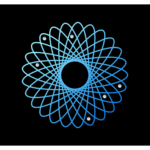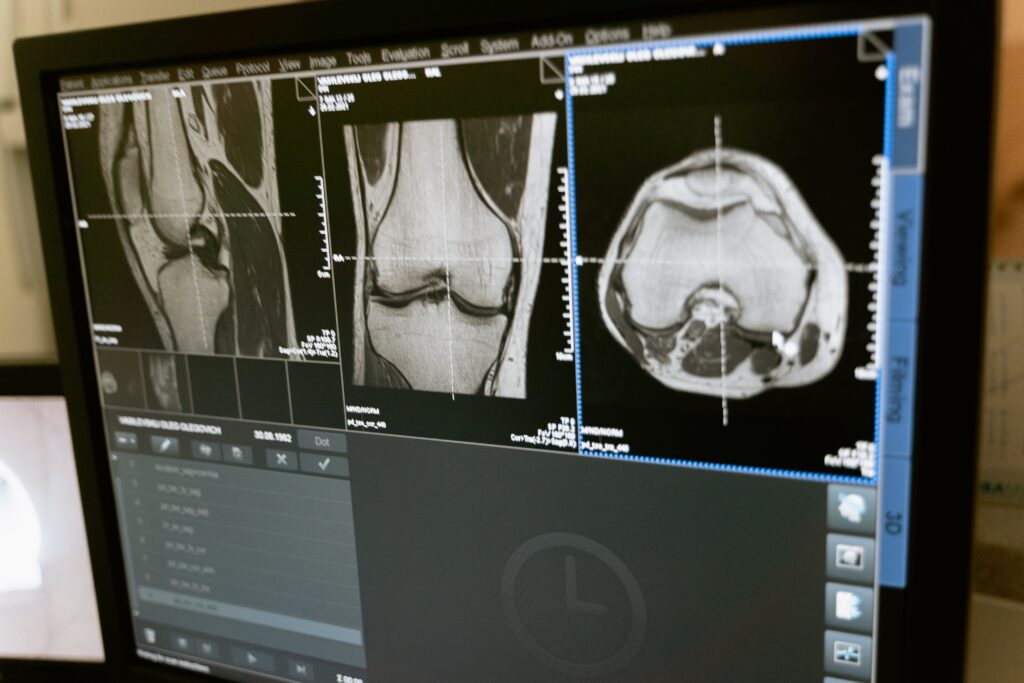Digital Twins for Health Consortium
Forging a leading international network in developing and applying digital twins for better health and well-being in collaboration with all the stakeholders in the healthcare spectrum.
Overview
Digital Twins for Health (DT4H) Consortium is a network of researchers and practitioners worldwide with multi-domain expertise who share a common vision and mission centered around digital twins for health and well-being.We focus on cutting-edge research on digital twins for predictive health based on multi-scale modeling of multi-modality longitudinal data in real-world and in real-time. Our research includes but not limited to the following topics:
Data Acquisition and Integration
- Multi-modal data acquisition
- Data standards and labeling for digital twins
- Data integration and curation
Multi-scale Modeling and Simulations
- Physical, mathematical, statistical, and mechanistical modeling of digital twins for health
- Modeling and simulations of time-series data
Responsible AI for Predictive Health
- AI-assisted clinical decision support
- Ethical and trustworthy AI
Smart and Connected Communities
- Innovative research to support diversity, equality, and inclusion in the new technology distribution within the community
- Collection and analysis of real-world real-time data from multiple heterogeneous sources to improve quality of life in existing communities

Ying Ding’s human-centered approach to AI-enhanced medical imaging diagnosis
ARA recipient is using artificial intelligence to help doctors make decisions based on radiological data.
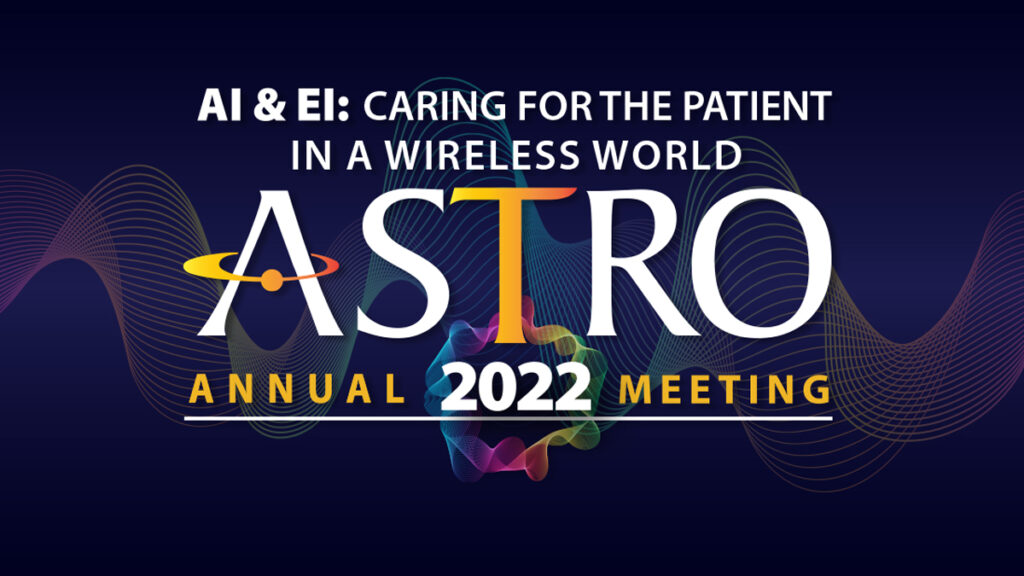
American Society for Radiation Oncology (ASTRO) Annual Meeting – AI and EI: Caring for Patients in a Wireless World
October 23-26, 2022, San Antonio, TX
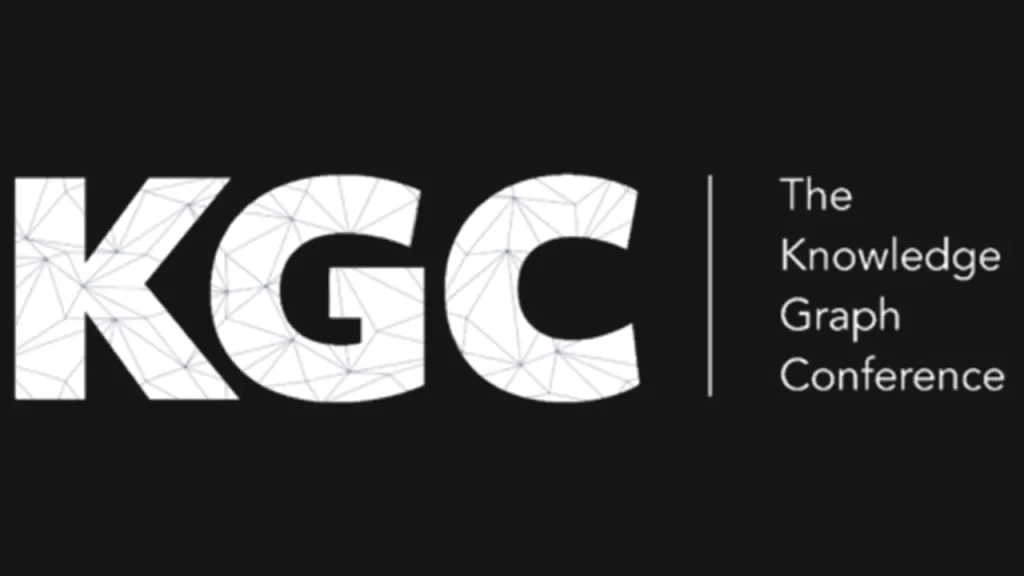
International Workshop on Knowledge Graph: Open Knowledge Network | KDD 2022
Washington DC August 14-18, 2022
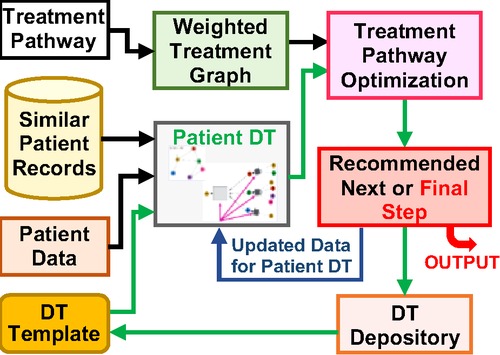
Exploring approaches for predictive cancer patient digital twins: Opportunities for collaboration and innovation
Through the integration of credible multi-source data, we could create connections among the bio-entities, authors, articles, affiliations, and funding.
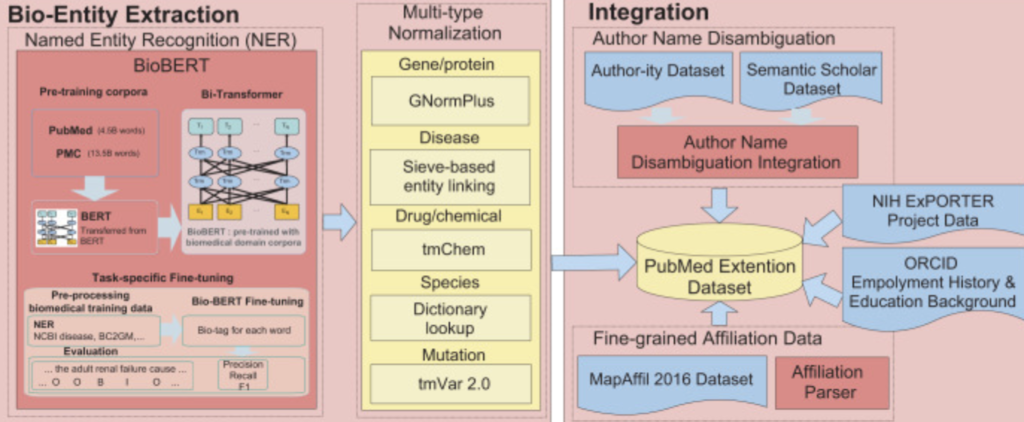
Building a PubMed knowledge graph
Through the integration of credible multi-source data, we could create connections among the bio-entities, authors, articles, affiliations, and funding.
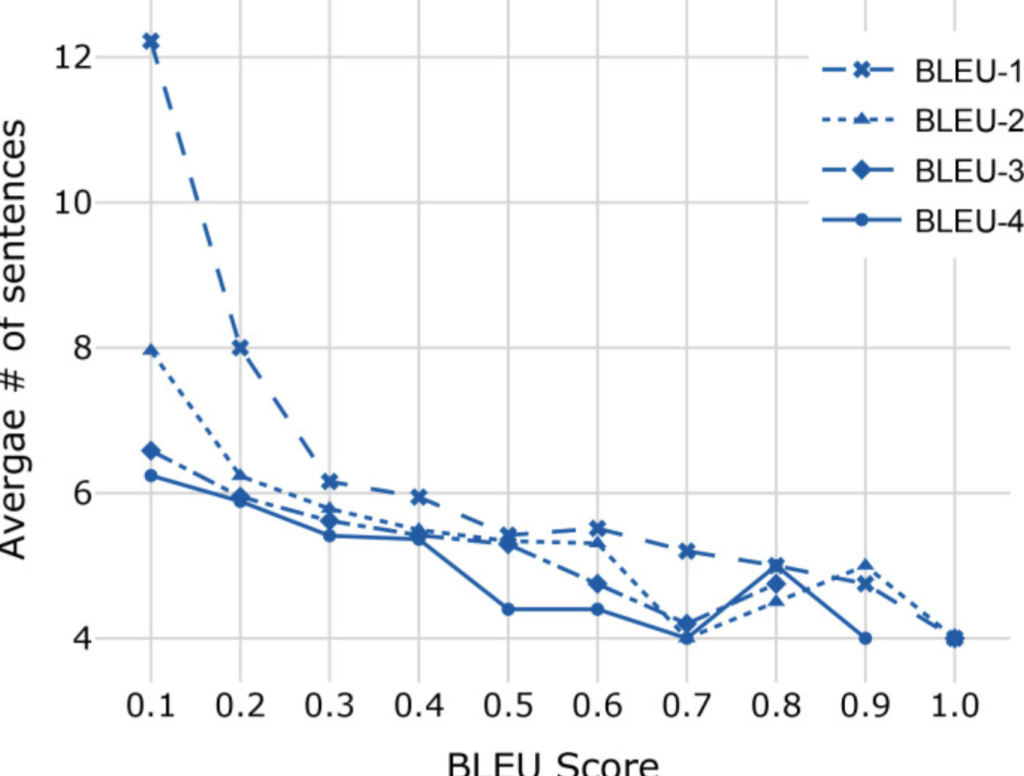
Prior Knowledge Enhances Radiology Report Generation
In this work, we propose to mine and represent the associations among medical findings in an informative knowledge graph and incorporate this prior knowledge with radiology report generation to help improve the quality of generated reports.
